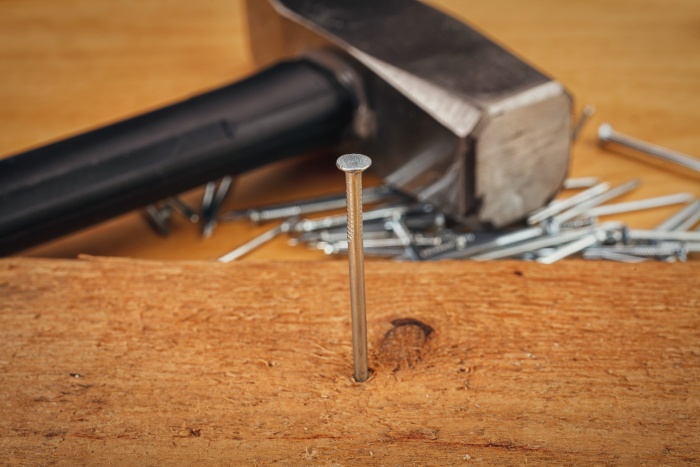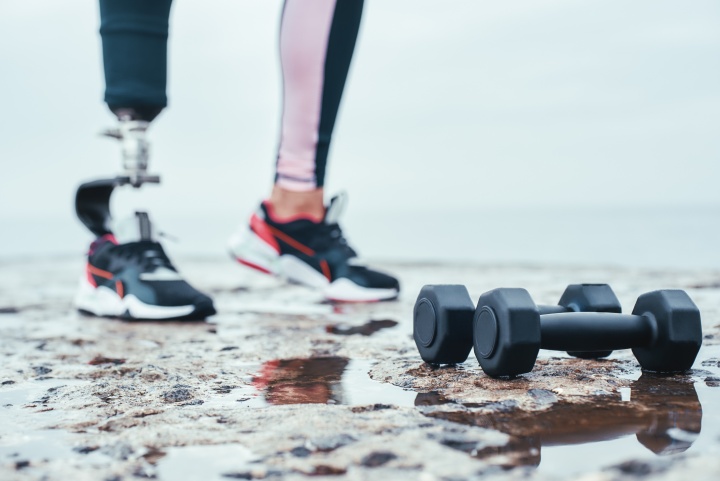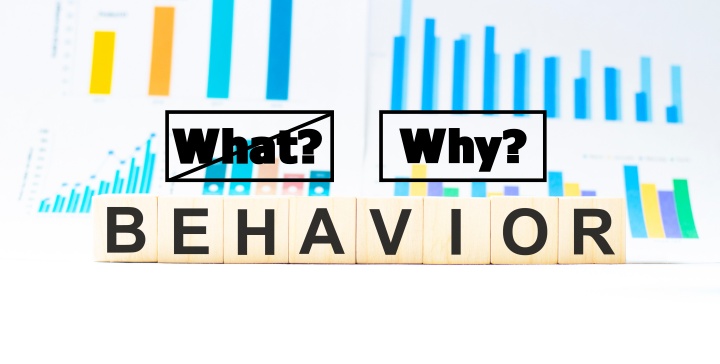Dysphagia After A Stroke
Over 50% of patients are affected by dysphagia after stroke. It is typically characterized by the inability to swallow liquids or foods and can lead to choking. Patients usually tend to recover from post-stroke dysphagia within the first week after suffering from a stroke. However, 11-13% may experience difficulty with swallowing even 6 months after their stroke.
Dysphagia in stroke survivors can vary in severity and may lead to other problems. In fact, 80% of patients who suffer from prolonged dysphasia may have to depend on enteral feeding through alternative means to get their required nutrition.
If you or someone you know needs to know how to overcome dysphagia, all the relevant information is covered below.
Relationship Between Stroke and Dysphagia: What Causes It
There are three types of swallowing actions that occur in the body:
- Subconscious swallowing that occurs around once per minute
- Reflexive swallowing, an airway defense mechanism that is triggered by sudden stimuli
- Nutritional or volitional swallowing that happens when one consumes foods or drinks
When a person takes a nutritional or volitional swallow, the swallowing network in the cerebral cortex is activated. This involves the insula, prefrontal gyrus, cingulate gyrus, somatosensory cortex, and precuneus regions.
A stroke can result in damage to one or more areas within this network as it impacts the brain’s functioning. This can disrupt the swallowing network and have a debilitating effect on the command center which can impair or hinder swallowing.
Dysphagic symptoms are also apparent when the brain’s stem is affected by a stroke, lacunar infarcts, or hemorrhage. Neurological or muscular damage occurring along the deglutitive axes can also cause dysphagia.
Generally speaking, damage to the peripheral cortex or brainstem can lead to nerve damage or muscle damage which can disrupt the body’s ability to swallow.
What Are the Signs and Symptoms of Dysphagia?
Though simply defined as “difficulty with swallowing,” there are several ways in which dysphagia may present itself. Here are some symptoms that may hint towards dysphagia in addition to problems with eating and swallowing:
- Hoarse voice
- Drooling
- Heartburn
- Regurgitation
- Feeling like something is lodged in the throat
- Discomfort in the throat
- Repetitive clearing of the throat
- Deglutitive cough
- Unexpected weight loss
- Pain during eating and swallowing
- Food coming out of the nose
- Coughing or choking when swallowing food or liquids
- Difficulty chewing solid foods
Dysphagia After Stroke Treatment: Why It Is Important?
Dysphagia can majorly impact an individual’s quality of life and difficulty swallowing can have consequences beyond impairments in physical functioning.
Due to the discomfort or difficulty caused by swallowing, dysphagia patients may experience excessive drool which can lead to feelings of awkwardness and embarrassment. It can also make it difficult for patients to speak clearly which can impact their social life.
Additionally, dysphagia can cause patients to become dehydrated and malnourished or develop aversions toward food. If they associate food with discomfort or pain, mealtimes that were previously a source of enjoyment can become something they dread.
They may also feel a sense of incompetency or inadequacy which can cause a lot of emotional and self-esteem issues. It may be difficult to view their inability to swallow as an aftermath of a life-altering stroke.
Instead, patients may view it as a personal failure. They may, therefore, tend to isolate or distance themselves from their social circle and withdraw from their loved ones. This can cause psychological issues such as low self-esteem and depression too.
Lastly, dysphagia can also lead to other health concerns such as recurring pneumonia which can distress a patient further.
Treating and managing dysphagia is thus crucial to ensure that the patient recovers from a stroke emotionally and physically.
What Does Treatment for Dysphagia Entail?
Dysphagia treatment can vary from one patient to the other since it usually depends on the type of dysphagia a person is suffering from.
While a complete cure may be impossible, treatment for dysphagia can help mitigate the damage and improve one’s situation.
Most treatment plans include speech and language therapy to give patients greater control. It can also entail teaching them new swallowing techniques, dietary changes, and changes in feeding methods.
In more severe cases, surgery may also be an option to ensure that the patient can get their required nutrition.
Oropharyngeal Dysphagia Treatment
Oropharyngeal dysphagia is also known as high dysphagia, a condition that affects the mouth or throat region.
The main treatment techniques in high dysphagia involve:
- Speech and swallowing therapy to strengthen and control the muscles
- Modifications in diet to include liquids and other foods with consistencies that are easier to swallow, while maintaining the required level of nutrition
- Use of feeding tubes. This could include a nasogastric tube or a percutaneous endoscopic gastrostomy (PEG) tube
Esophageal Dysphagia Treatment
Also known as low dysphagia, esophageal dysphagia refers to swallowing difficulties that are caused by problems in the esophagus.
Treatment for low dysphagia includes:
- Medication such as proton pump inhibitors
- Botulinum toxin to loosen tightened muscles that are preventing food from reaching the stomach
- Surgery such as endoscopic dilation or inserting a stent
Is Dysphagia Therapy Effective?
While dysphagia typically resolves on its own following a stroke, 11-13% of patients may experience prolonged dysphagia.
This requires treatment or therapy, including exercises, medication, dietary changes, alternative feeding methods, and surgery.
A common concern among patients coping with dysphagia is whether or not treatments are actually effective.
A study sought to establish the effectiveness of applied therapy for treating dysphagia and improving the swallowing function. It was found that the rate of effective swallowing reflex among dysphagia patients increased from 57% to 97% following 15 days of therapy.
It was, therefore, revealed that dysphagia treatments can be highly effective in reducing complications from swallowing disorders.
Conclusion
Dysphagia may not last long after a stroke but it can still severely impact a patient’s well-being and rehabilitation since it hinders their ability to consume foods and liquids. While prolonged dysphasia is relatively uncommon, it can result in complications. Proper treatment with physiotherapy and the other therapies outlined above can help reduce the severity of dysphagia in a patient.
Articles you may be interested in:

Don’t judge a book.
“Judging others is bad”. Don’t judge a book by it’s cover. From our earliest age we are taught not to “judge” people. My definition of “judging” is when an opinion about someone is attached to a “value”. “Good people” and “Bad people”. “Good behavior” and “bad...

Strategy over “strength”
I am a “fixer”. I see problems or potential problems and I immediately jump in headfirst to “fix” said problem. I can also sometimes be an “avoider”. Look ahead to avoid potential problems. Finally, and most importantly, I am NOT a “tread-er.” Rarely do I find it...

Don’t believe your lying eyes
If you want to change an area of your life, start with the smallest habit you can consistently do to move you in that direction. Seeing is believing. Personally, this strategy has been effective with fitness, academic, and business goals. If you want to run a...

The tail of two nails
Whether you believe it to be true or false, you are right. A british journal published a case of a construction worker who jumped off a plank landing on a nail that punctured straight through his shoe emerging on the other side. In terrible pain, the man was sedated...

When “fantacy” overshadows reality
When was the last time you remember having to think about how to retrieve a glass of water from a table? If you are a healthy adult, probably never. You see, there are skills that require “motor planning”. However, most activities of daily living are automatic. That...

Why you strive for more
Health is the greatest gift; Contentment is the greatest wealth - Siddhartha Gautama Feeling a little bit of discontentment is an extremely effective motivation to move toward a specific goal. Folks with financial “wealth” will often credit their drive to growing up...

Choose your gemstones
Feeling frustrated by your lack of progress? If so, you are on the right track. BIG things are about to happen. Frustration is a sense of discouragement, anger, and annoyance because of unresolved problems or unfulfilled goals, desires, or needs. I don’t like feeling...

Why do you do what you do?
Why do we do what we do? “Good” behavior or “bad”, if progress is a high priority, it’s an essential question. Are you doing what you need to do to make progress? If not, you aren’t alone. I think we have all had a time in our lives when we lacked confidence in our...

Secret to win the game of life
"Just look on the brite side". I was recently watching a self-proclaimed “optimist” teach about all the benefits of optimism. His second most jarring statement was something like, “You must be an optimist to succeed.” I will “circle back” to number one....

Routines are overrated
What would I be without my routine...... Some days I arrive at my office and can’t really remember much about the trip. My “autopilot” is something I appreciate. My drive allows me time each day to think through a problem and/or a solution to a problem. As a...

